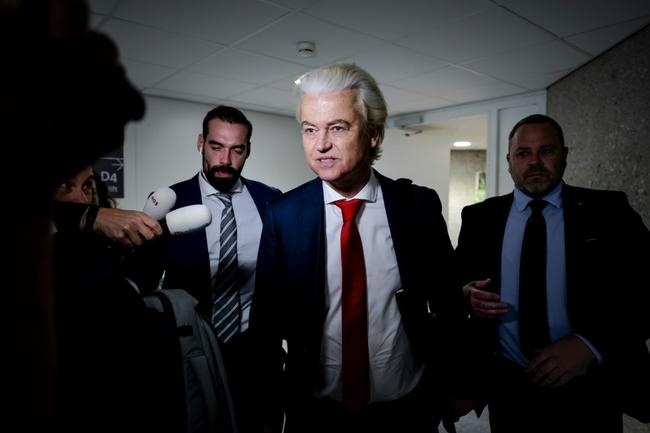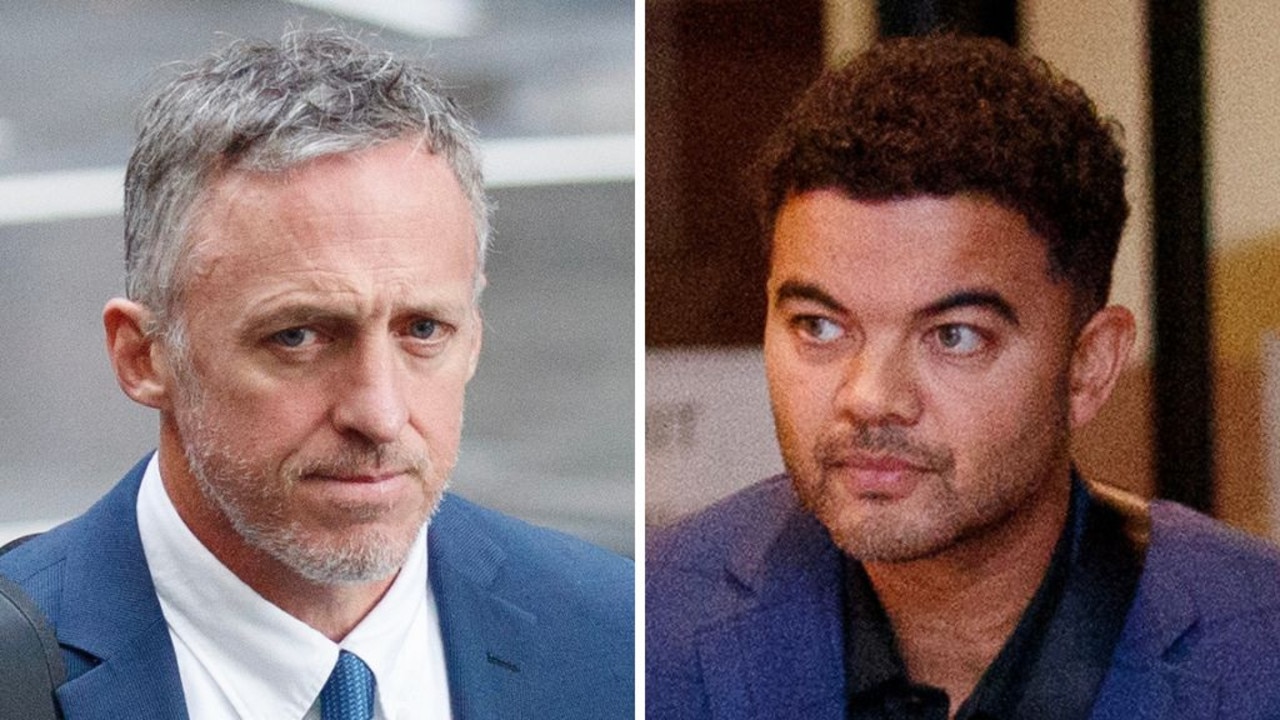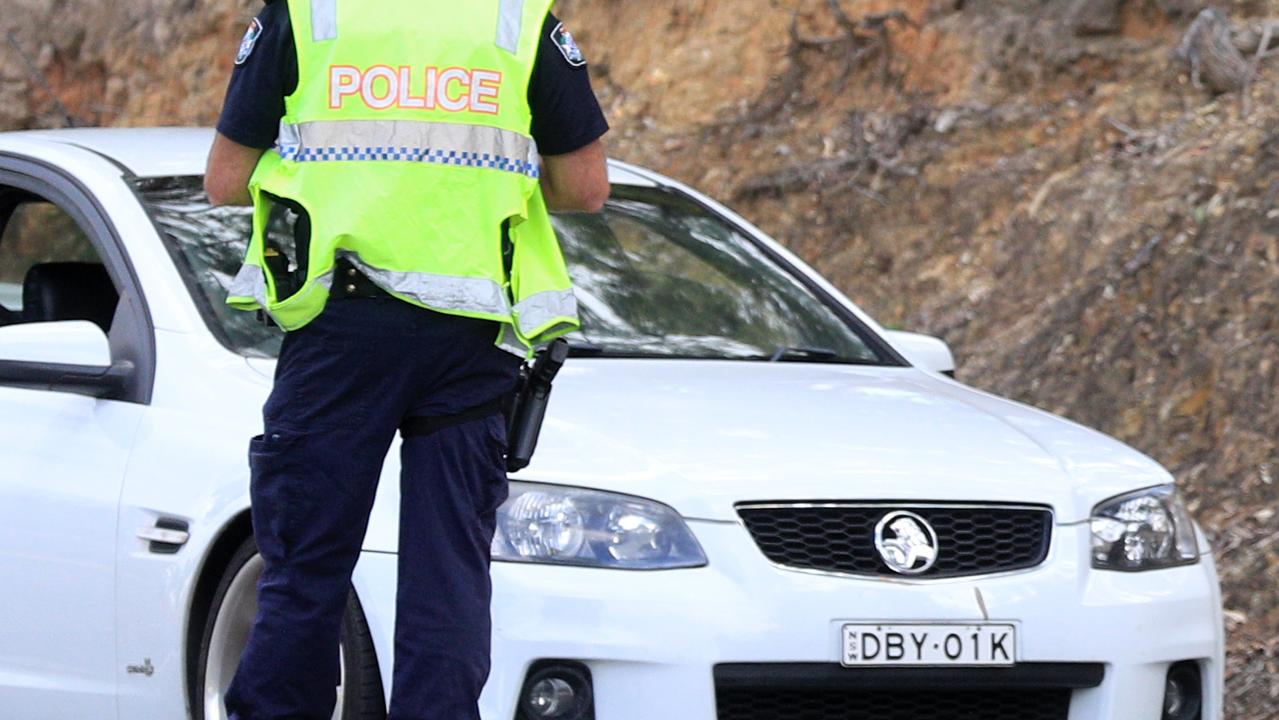Dutch government falls as far-right leader Wilders quits coalition
Dutch government falls as far-right leader Wilders quits coalition

Far-right leader Geert Wilders brought down the Dutch government Tuesday by pulling out of a shaky coalition in a row over immigration, sparking a political crisis and likely heralding fresh elections.
The withdrawal came just weeks before a NATO summit in the Netherlands, and ushered in a period of uncertainty for the European Union's fifth-largest economy and major exporter.
After a stormy last-ditch meeting aimed at salvaging the four-party coalition, Wilders emerged to say he had no choice but to pull his ministers out of the cabinet.
"I signed up for the strictest asylum policy, not for the downfall of the Netherlands," said Wilders, 61, whose far-right Freedom Party (PVV) handily won elections in November 2023.
Prime Minister Dick Schoof described the decision as "unnecessary and irresponsible" and said he would offer the resignation of the PVV ministers to King Willem-Alexander.
"I will continue as a caretaker... until a new cabinet is in place. Because life in the Netherlands and abroad does go on," he told reporters.
Wilders had agreed with coalition partners to push through what he called the "strictest-ever immigration policy", but he has since said the pace of its introduction had been too slow.
Eighteen months after that surprise election victory sent shockwaves through Europe, polls suggest his PVV is still the strongest party.
However, the gap to his nearest rivals has narrowed, with the Green/Left party of former European Commission vice-president Frans Timmermans following close behind.
The liberal VVD party, a traditional powerhouse in Dutch politics, is also running near the top two, meaning any election would likely be closely fought.
VVD leader Dilan Yesilgoz, visibly angry, described Wilders' move as "super irresponsible", adding she was afraid it would open the door to left-wing parties.
"How can you do this to the Netherlands," she asked.
Any elections would likely be held after the summer break, Sarah de Lange, professor of political pluralism at the University of Amsterdam, told AFP.
"New elections are likely, but in the Netherlands, organising them takes almost three months. Snap elections in the Netherlands are not as quick as in other countries," she said.
- 'Patience has run out' -
In late May, Wilders called an impromptu press conference to announce his "patience has now run out" with Schoof's government.
He threatened to torpedo the coalition if a new 10-point plan to crimp immigration was not implemented within a few weeks.
His plan included border closures for asylum seekers, tougher border controls in general and deporting dual nationals convicted of a crime.
Political and legal experts criticised the plans as unworkable or illegal, with some suggesting Wilders was creating a crisis to collapse the government.
The far-right leader has often been called the "Dutch Trump" for his anti-immigrant views and instantly recognisable bouffant hairstyle.
His ambitions to lead his country were frustrated after his election win, as his coalition partners blocked his premiership bid, settling instead on Schoof as a compromise candidate.
The leaders of the four coalition partners agreed not to take up cabinet positions, instead running their parties as parliamentary chiefs.
Wilders has been an uncompromising figure in parliament, his quick-witted jousting with Timmermans being a highlight of debates.
He has frequently said that the only way to implement his anti-immigrant policies is for him to become prime minister.
However, in the fractured Dutch political system, no party can win an absolute majority in the 150-seat parliament and Wilders will need partners.
He can count on the support of the BBB farmers' party. The backing of the VVD -- currently an uneasy coalition partner -- is less certain.
The fourth party in the current coalition -- the anti-corruption New Social Contract -- has seen support collapse since charismatic leader Pieter Omtzigt stepped down.
Far-right parties have been on the rise across Europe. In May, the far-right Chega ("Enough") party took second place in Portuguese elections.
In Germany, the anti-immigration far-right AfD doubled its score in legislative elections in February, reaching 20.8 percent.
And in Britain, polls show the anti-immigration, hard-right Reform UK party of Nigel Farage is making significant gains following a breakthrough in local elections.
ric/jxb


